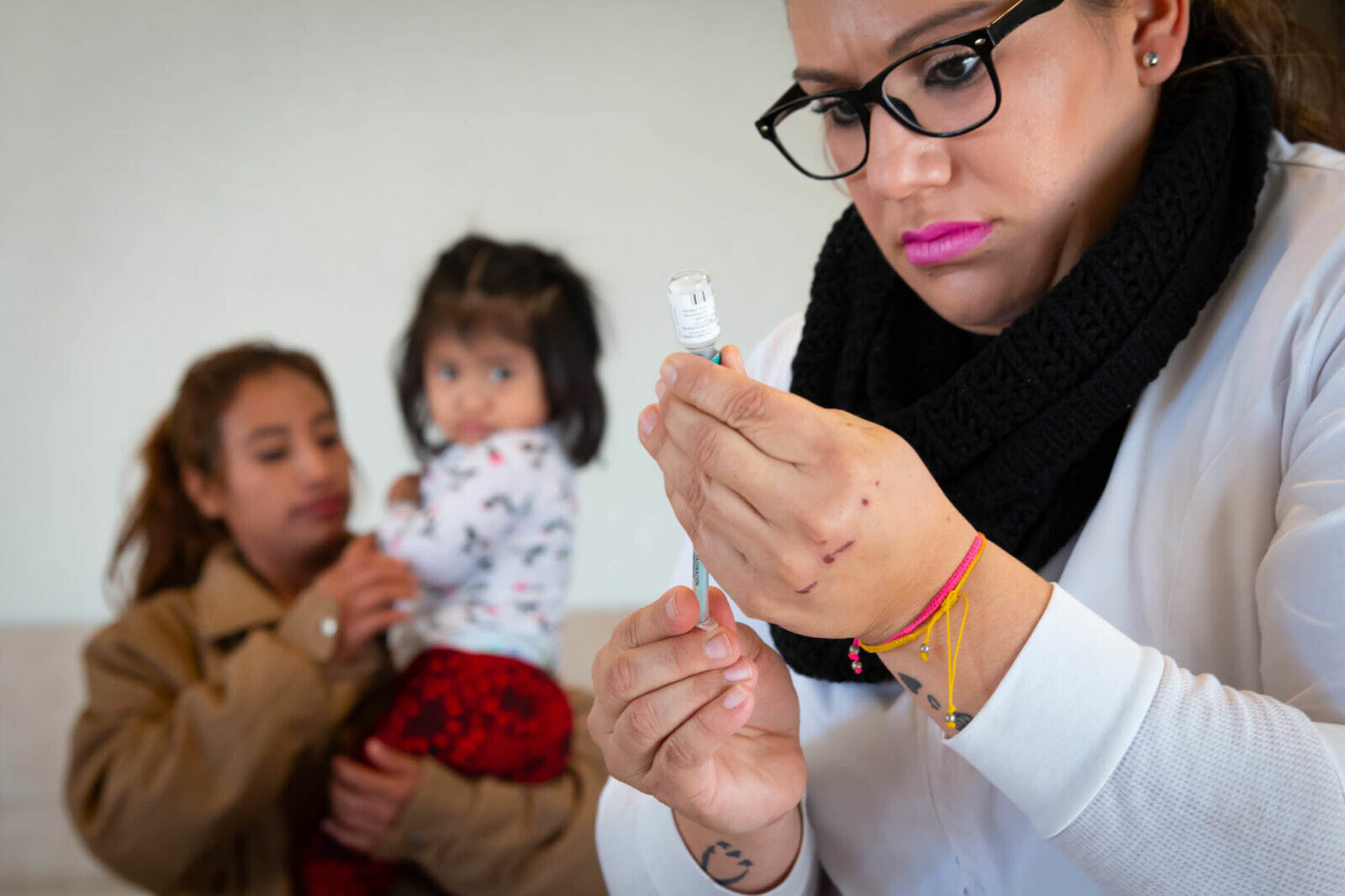The COVID-19 pandemic has taken the world by storm, creating an ever-changing landscape of healthcare services and testing options. Using biosample stabilization, there are several tests you can use to find out if you have COVID-19.
As the world continues to grapple with the global pandemic of COVID-19, testing has become a crucial part of the mitigation strategy. Knowing whether you have the virus or not can help you make the best decisions to protect yourself and those around you.
In this article, we will provide an overview of the COVID tests available. Read on to learn more about the different options and how to make the most suitable choice for your health.
Overview of the COVID-19 Pandemic
COVID-19 is an infectious disease that is highly contagious and can quickly spread throughout a population. A high fever and inflammation of the throat and lungs characterize the disease. People can get infected with COVID-19 by breathing in the bacteria through the nose and mouth. COVID-19 can also be transmitted through saliva, blood, and mucus.
Caused by the novel coronavirus, the disease has spread rapidly since its emergence in December 2019 in Wuhan, China. As of January 2021, over 90 million cases of COVID-19 have been recorded globally, with more than 1.9 million deaths. It was declared a pandemic on March 11, 2020.
This marked a turning point in the global response to the pandemic, with governments worldwide taking unprecedented steps to contain the spread of the virus. These included lockdowns, travel restrictions, and mandatory mask-wearing, among other measures.
As the COVID-19 pandemic continues, governments and health authorities continue to take steps to contain the spread of the virus. Vaccines have been developed, and many countries have COVID-19 tests available to protect their citizens from the virus.
While there is no cure for COVID-19, you can get treatment to help manage the symptoms and prevent the virus from spreading.
Types of COVID Tests
Different types of tests are used to screen for the presence of the virus, including antigen tests and PCR tests. The type of test used will depend on your individual circumstances.
Antigen Test
An antigen test is a diagnostic test that looks for the presence of proteins found on the virus’s surface that causes the disease. The antigen test is a quick and easy way to determine if a person has an active infection with the virus. The antigen test is usually performed using a nose or throat swab sample.
The antigen test can detect the virus in as little as 15 minutes. This makes it an ideal tool for rapid diagnosis and contact tracing. It is also less expensive and requires fewer resources than other testing methods. However, antigen tests may not always be accurate and could produce false-negative results in some cases.
The ability of antigen tests to detect the virus can range from 60-80% depending on the type of test and the time since the individual was infected.
Although the accuracy of antigen tests for COVID-19 is lower than that of PCR tests, they still provide an effective way to detect the virus and help to contain the pandemic.
PCR Test
PCR tests are used to diagnose a wide range of medical conditions, including COVID-19. The PCR test works by amplifying the genetic material in the sample to a level that can be detected by laboratory equipment.
The results of the test are typically available within 24 to 48 hours. The PCR test is the most reliable way to detect the presence of the virus. The accuracy and sensitivity of the PCR test are what make it the gold standard for testing for COVID-19.
How to Choose the Right Test For You
Each type of test has its advantages and disadvantages. Antigen tests for COVID-19 can be administered quickly, which is why they are commonly used to test for recent infections.
However, these tests are not as accurate if you’ve been infected for a long time. PCR tests are the most accurate, but they are often expensive.
All things considered, there is no one perfect test that can be used in all situations. If you need to take a COVID-19 test and are unsure which type would be best, you should speak with your doctor.
The best way to make sure you get the right test is to understand the different types of tests available, their accuracy, and how to interpret your results. With this knowledge, you can make the best decision for your health and the health of those around you.




